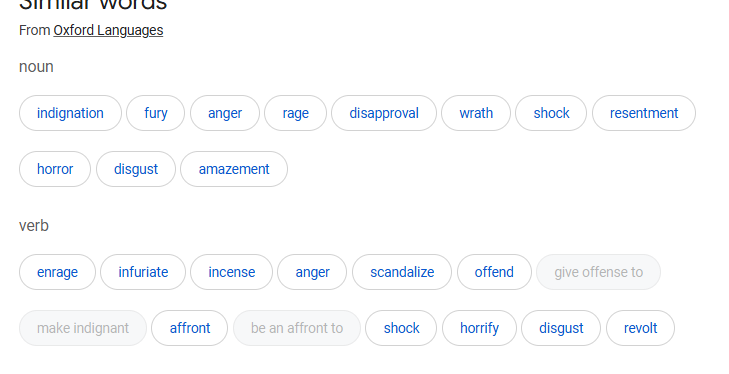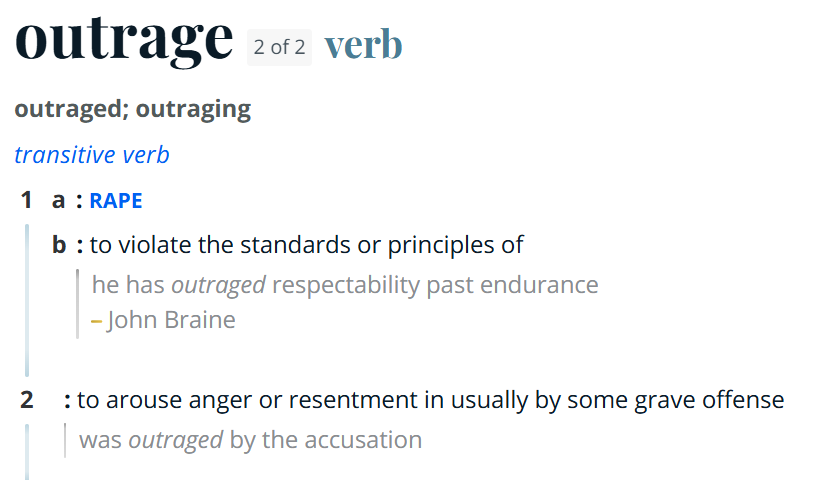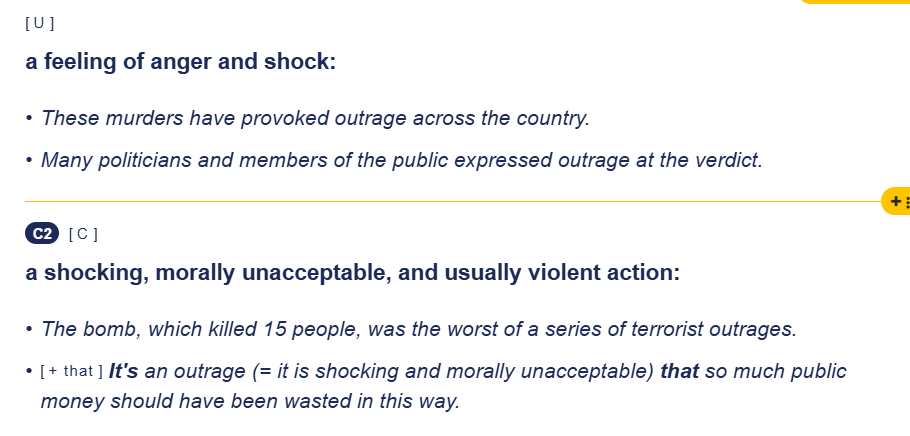I’m truly appreciative of the discourse here, and have a few follow-up thoughts to the material brought so far:
I’d like to clarify something that I feel has been mischaracterised in this thread, and that’s the nature of outrage, moral clarity, and political engagement.
Outrage is not the problem, per se. Outrage is often the appropriate response to atrocity. It is not the opposite of consciousness - it can be its activation. Perhaps some of you remember that moment in history class when you were shown black-and-white photographs of the starvation, cruelty, and annihilation inflicted by the Nazis on Jews, disabled people, gay and bisexual men, Black people, resistance activists, communists, and the Roma. What emotions did that evoke? Disgust, horror… likely outrage - that the world allowed it to happen on their watch, to the tune of six million dead.
There’s a long history of framing outrage as immature, egoic, or “unhealthy Green” so to speak, but I would challenge that framing here. In my experience, what may be dismissed as emotional reactivity is a refusal to numb, dissociate, or intellectualise abject horror.
I’d also add that naming genocide is not a performance. Nor is it an attempt at moral superiority; it is a moral act. The suggestion that those who speak up about one atrocity are ignoring all others is a red herring. We can’t speak to every injustice at once, but that doesn’t invalidate the one we are actively bearing witness to (and writing about specifically in this forum topic). If anything, not naming what is visible, documented, and ongoing only ensures its continuation. It’s not about saying that the issue of Palestine matters more than others. It’s about refusing to ignore what is right in front of us: systematic extermination, starvation, and collective punishment on a scale that is being documented in real time, by human rights organisations, journalists, lawyers, and survivors alike.
The notion that both sides must be equally willing participants in dialogue or peace is an old centrist reflex that does not apply when one side is being starved, bombed, and annihilated (nor when one power, specifically Israel, is funded by the most powerful country in the world and also has nuclear weapons and is renowned for developing the most sophisticated weaponry “battle-tested” on civilians casualties). When we avoid naming genocide in the name of ‘complexity’ or ‘developmental altitude,’ we’re re-enacting a colonial logic - one that psychoanalyst Lara Sheehi (2022) shows lives in the clinical and communal field through silence, misattunement, and the refusal to take sides when one side is being annihilated.
If we use the Integral model to avoid grief, avoid action, or avoid naming violence in real time, then, in my humble opinion, we are misusing the framework.
@Charles_Marxer Your letter to Corey above moved me and I hope that we can come together as a community to, first of all, accept the objective reality of the present circumstances and then truly Witness the suffering at hand.
In short, this isn’t about “my topic is more important than yours.” This is about witnessing a genocide happening in plain sight, and choosing whether or not we push into shadow or embrace the burgeoning sacred rage inside of us. And channelling this sacred rage into flourishing conscious action.
I’d also like to add here that Zionism is not only a political project - it is a psychic formation that shapes how Western discourse is allowed to feel about Palestinian life and existence. The Integral community is not outside that structure. Our silence is a symptom.
Also, Krishnamurti’s “the world is on fire” wasn’t a call to retreat into self-regulation - it was a call to awaken to the full intensity of that fire without flinching. May we honour the courage to do just that.


